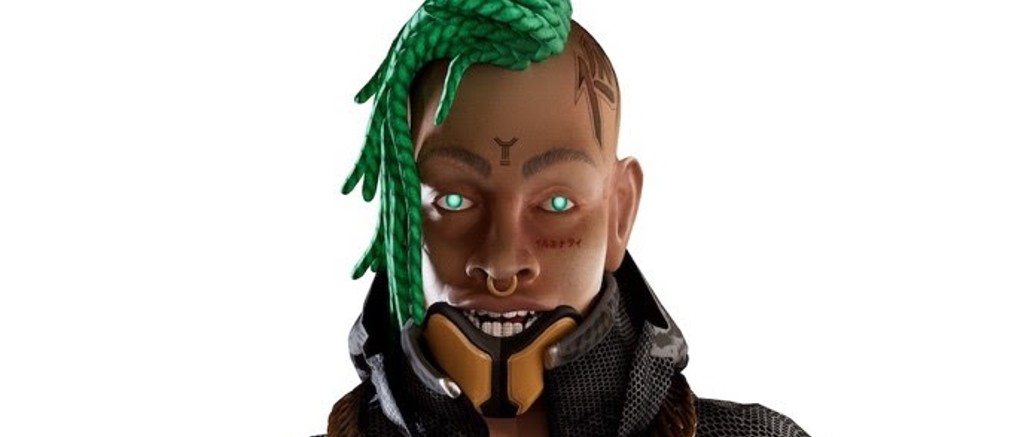
The investor behind the controversial AI rapper project FN Meka has come under scrutiny recently for his own music as Rolling Stone has revealed that the music manager’s band “frequently used the n-word” in its lyrics.
Before getting involved with Factory New, the digital record label that pushed virtual artists such as FN Meka, Anthony Martini — who is white — co-founded a hardcore band called E.Town Concrete in the mid-90s. The band released four albums from 1997 to 2004 and won a local following in New Jersey. Martini, the band’s frontman rapped and scream-sang in the vein of similar bands of the era. However, his lyrics were often peppered with instances of the racial slur according to Rolling Stone‘s report, which listed songs such as “4 the Fame,” “End Of The Rainbow,” “Hold Up,” “Justwatchastep,” and One Life To Live” from the band’s first album as examples. The second album — and the last to use the slur — included “Dirty Jer-Z,” “First Born,” “Guaranteed,” and “Shaydee.”
However, despite releasing two more albums and an EP without using the n-word, Martini apparently continued to recite the lyrics during live performances as recently as 2018. At a more recent appearance in Long Beach, California earlier this month, he censored himself; it’s worth noting that this was after the FN Meka flameout, which brought scrutiny to the avatar’s recitation of lyrics containing the n-word. Somewhat ironically, Martini himself addressed the controversy surrounding FN Meka in a statement to The New York Times earlier this month, saying, “If you’re mad about the lyrical content because it supposedly was A.I., why not be mad about the lyrical content in general?”
Although FN Meka’s lyrics and performance were later revealed to be the work of a Black rap artist from Houston, Factory New’s marketing claiming that the lyrics were written by an algorithm sparked criticism among industry professionals who questioned that algorithm, the racially-ambiguous, inhuman-looking avatar, and the fact that seemingly no other Black people were involved in its creation. The artist who initially voiced FN Meka also claimed he was never paid after performing a handful of the character’s early songs.
The FN Meka project received increased scrutiny when Capitol Records announced it had “signed” the imaginary rapper, drawing a backlash that prompted Capitol to step away from the project. FN Meka’s accounts have since been mostly cleared or made private.
